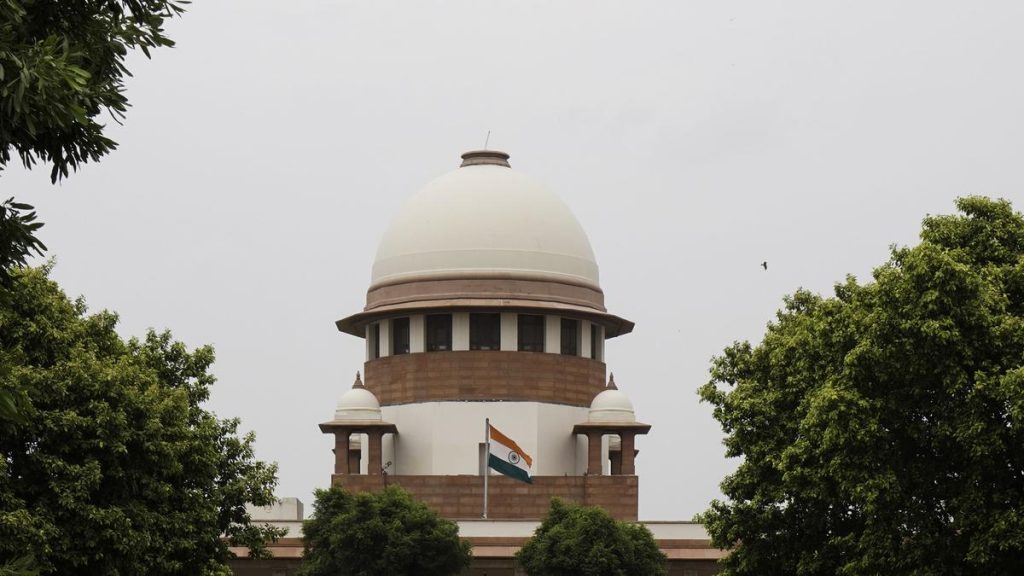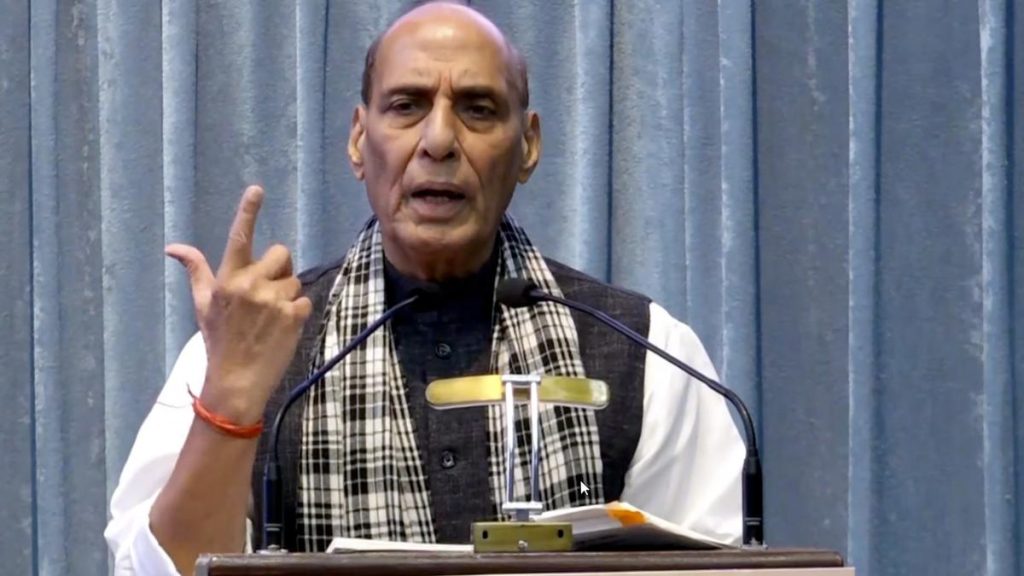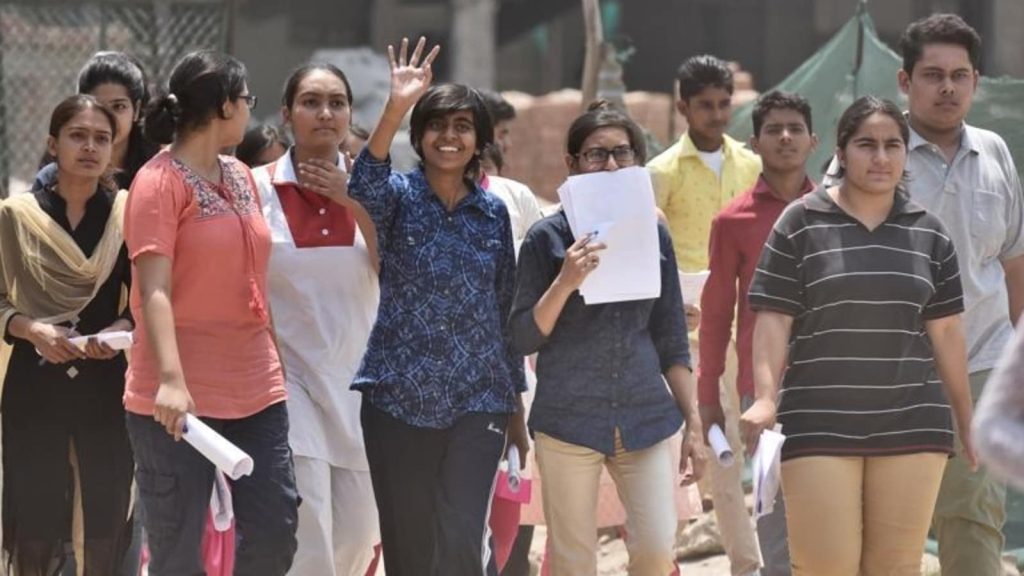Now Reading: How Nighttime Light Disrupts Your Brain, Mood, and Metabolism
-
01
How Nighttime Light Disrupts Your Brain, Mood, and Metabolism
How Nighttime Light Disrupts Your Brain, Mood, and Metabolism

Fast Summary:
- Dr. Randy J. Nelson, Chair of neuroscience at West Virginia University, shared insights into his groundbreaking research on circadian rhythms in an interview published today.
- His studies show that artificial light exposure at night disrupts immune function, triggers neuroinflammation, alters metabolism, and affects mood regulation.
- clinical trials conducted by his team focus on improving outcomes for ICU patients (e.g.,stroke recovery and cardiac surgery) and supporting healthcare workers’ circadian health with interventions like blue light visors.
- Dr. Nelson advocates recognizing time-of-day as a key biological variable in all scientific research due to its impact on experimental results.
- Beyond research, he has mentored 25 PhD students and serves as president of the Association of Medical School Neuroscience Department Chairs to support early-career researchers.
- Simple lifestyle changes-screen time reduction, warm light use after sunset, consistent sleep schedules-could improve public health by aligning with natural circadian cycles.
Indian Opinion Analysis:
Dr. Nelson’s work underscores the growing realization that disrupted circadian rhythms present not only personal health challenges but also systemic implications for healthcare delivery and workplace productivity in India and globally. India’s expanding urban populations face increasing exposure to artificial light pollution from screens and infrastructure-a trend perhaps exacerbating conditions like obesity or mental health disorders highlighted by Dr. Nelson’s findings.
Translating these insights into policy initiatives tailored to regions with diverse socio-economic profiles could protect vulnerable groups such as shift workers or rural-to-urban migrants navigating irregular schedules. This research aligns urgently with global recommendations for sustainable living practices through adaptations like safer lighting designs or targeted educational campaigns emphasizing “circadian hygiene.”
The emphasis on mentorship echoes broader efforts within academia worldwide but resonates uniquely in Indian contexts where early-career researchers often struggle due to resource scarcity-a challenge ripe for enhancement via procedural shifts inspired partly by figures like Dr. Nelson.




























